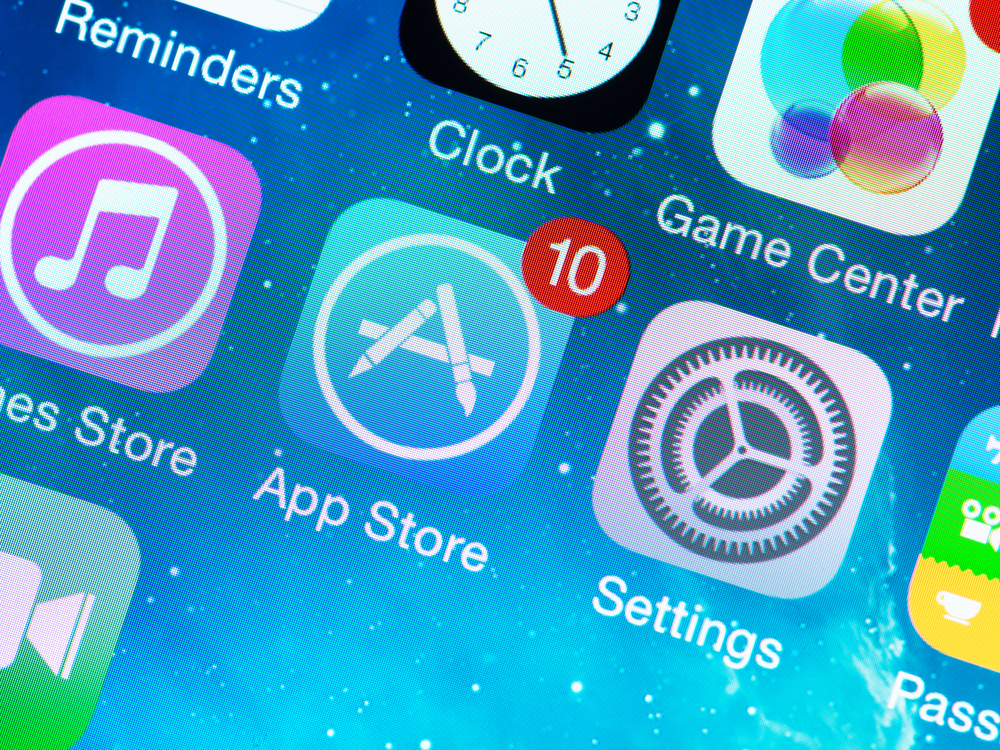

Apple has added another concession over its App Store, amid ongoing pressure on it and Google over their respective commission charges on in-app purchases.
Apple announced a new rule change in response to an investigation initiated by Japan’s Fair Trade Commission.
It will allow companies with “reader apps”, such as Spotify and Netflix, to direct customers to their own websites to make payments, allowing them to more easily avoid fees levied by the App Store.
According to Apple, readers apps provide previously purchased content or content subscriptions for digital magazines, newspapers, books, audio, music, and video.
“Apple today announced an update coming to the App Store that closes an investigation by the Japan Fair Trade Commission (JFTC),” said the iPad maker.
“The update will allow developers of “reader” apps to include an in-app link to their website for users to set up or manage an account. While the agreement was made with the JFTC, Apple will apply this change globally to all reader apps on the store.”
The update will take effect in early 2022, and applies worldwide.
For developers of what Apple calls “reader” apps, it means they can insert a link out to external websites and let people set up or manage their accounts there.
“Trust on the App Store is everything to us. The focus of the App Store is always to create a safe and secure experience for users, while helping them find and use great apps on the devices they love,” said Phil Schiller, Apple Fellow who oversees the App Store.
“We have great respect for the Japan Fair Trade Commission and appreciate the work we’ve done together, which will help developers of reader apps make it easier for users to set up and manage their apps and services, while protecting their privacy and maintaining their trust,” said Schiller.
The above is the iPhone maker’s latest concession in a long-standing fight with app developers, amid ongoing pressure from regulators and officials.
This week South Korea became the first major world economy to effectively stop Apple and Google from charging commissions on in-app purchases.
South Korea’s parliament approved the amended ‘Telecommunications Business Act’, that will stop Google and Apple from forcibly charging software developers up to a 30 percent commissions on in-app purchases
Apple this week was also hit with an official complaint in India over its up to 30 percent commission charges for in-app purchases.
Apple has been responding however.
In November 2020 Apple announced the new App Store commission will fall from 30 percent down to 15 percent for small developers and businesses earning up to $1 million per year.
And then last week Apple made a major change and agreed to allow small app developers to email their users about alternative purchase options to the App Store billing
Complaints about Apple (and Google) and their commission charges have been ongoing for years now.
Spotify filed an official complaint in 2019 and accused Apple of unfairly using the dominance of its App Store to give the Apple Music service a competitive advantage.
European regulators as a consequence began an investigation into Apple’s imposition of an in-app fee of up to 30 percent for distribution of paid digital content and other restrictions.
Spotify and Netflix argue that this latest development changes little.
This is because both firms had once allowed users to pay for services in-app, but have since stopped that form of billing for new members, and instead forced users to go to their websites in order to set up accounts and payment options, so as to avoid Apple’s commission charges.
And Apple’s special deal with “reader apps” has drawn fresh comment from both firms.
“Apple’s selective tweaks to its App Store rules are welcome, but they don’t go far enough,” tweeted Horacio Gutierrez, who is the head of global affairs and chief legal officer at Spotify.
And the head of Epic Games, which is locked in a closely watched landmark lawsuit with Apple over the matter, said Apple was trying to ‘divide and conquer’.
“Apple should open up iOS on the basis of hardware, stores, payments, and services each competing individually on their merits,” tweeted Epic Games CEO Tim Sweeney. “Instead, they’re running a literally day-by-day recalculation of divide-and-conquer in hopes of getting away with most of their tying practices.”
Nvidia to partner with TSMC, Foxconn, Wistron, Amkor and SPIL to build $500 billion (£377…
American think tank warns about possible threat to US defence, after China imposes rare earth…
China is reportedly pursuing three alleged US NSA operatives, after cyberattacks on Chinese infrastructure
Chip making giant ASML mirrors other equipment makers, and outlines financial impact of Donald Trump's…
AI is transforming cybersecurity, offering faster defence and smarter attacks. Learn how businesses can harness…
Search engine giant being sued for £5 billion ($6.64 billion) damages over allegations for online…